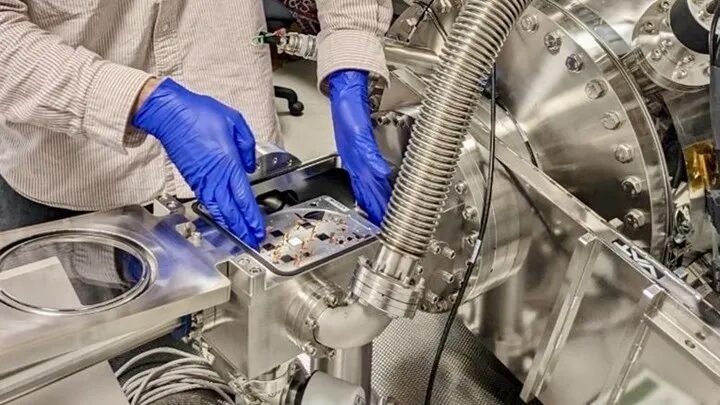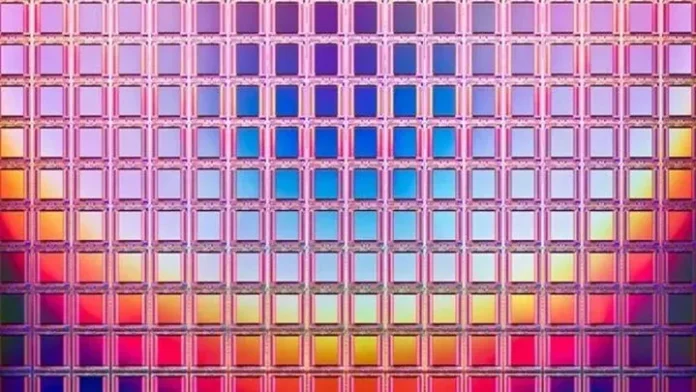Scientists have developed a new form of ultra-pure silicon that could pave the way for scalable quantum computers. Here are the details of the purest silicon ever created:

Researchers from the University of Manchester and the University of Melbourne have produced a new form of ultra-pure silicon. This form will enable the construction of high-performance qubit devices, which are the building blocks of scalable quantum computers. While natural silicon works well in traditional computing due to its metalloid properties, it can pose challenges in quantum computing. Particularly, the presence of atoms such as Si-29, constituting 5% of natural silicon, leads to nuclear spins causing incompatibility and information loss. Scientists have developed a new method for silicon engineering that excludes Si-29 and Si-30 atoms to address this issue.
The new ultra-pure silicon form will offer cheaper and more scalable quantum computing. A single qubit, possessing the power equivalent to 1,024 bits in a regular computer, occupies a much smaller volume. A fully functional quantum computer requires approximately one million qubits, a capability beyond reach for any classical computer. This world’s purest silicon developed so far may pave the way for creating these one million qubits. Professor David Jamieson from the University of Melbourne, a joint advisor for the project, stated, “Our technique opens the way for dependable quantum computers promising incremental changes across society, including artificial intelligence, secure data and communication, vaccine and drug design.”
Silicon-based qubits can be produced much more easily compared to other types of qubits, thanks to existing chip fabrication methods. Researchers also noted that quantum computers using these qubits could scale to the million-qubit range much faster compared to rival methods.
The next step for researchers is to demonstrate quantum coherence for multiple qubits simultaneously. Even slight fluctuations in temperature, caused by minute changes in their environment, can lead to computer errors.

